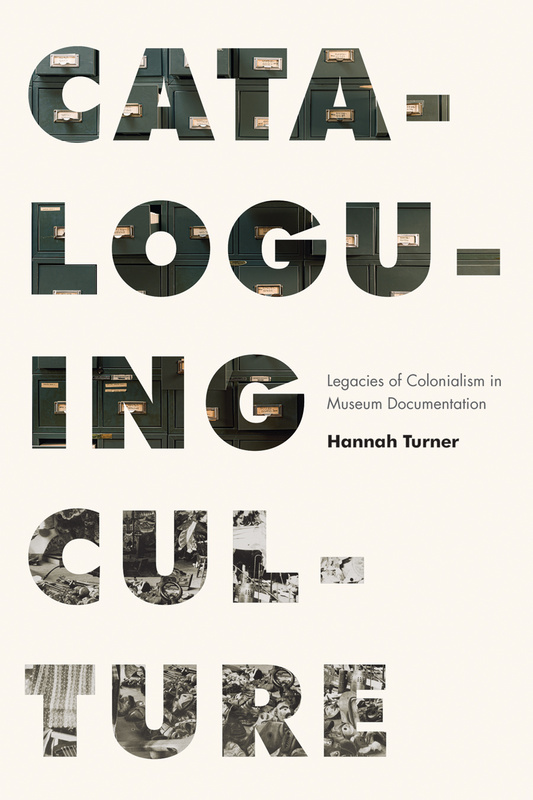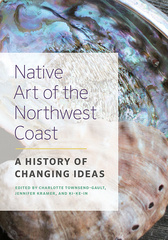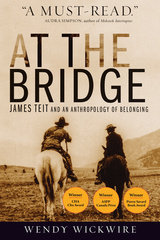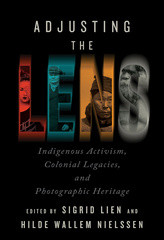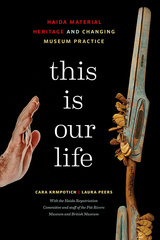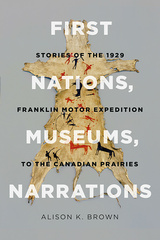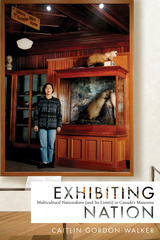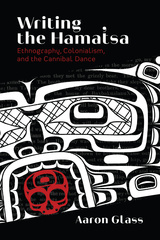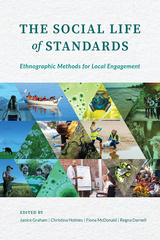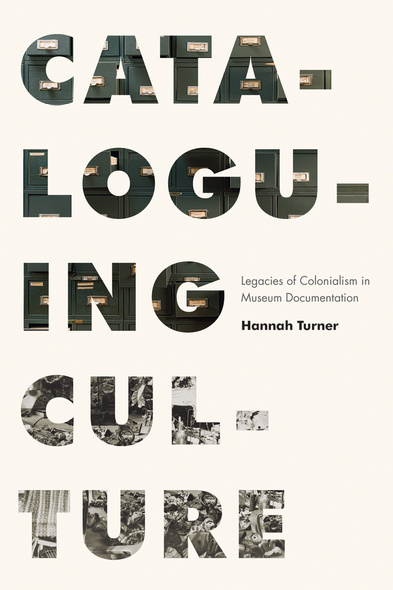
How does material culture become data? Why does this matter, and for whom? As the cultures of Indigenous peoples in North America were mined for scientific knowledge, years of organizing, classifying, and cataloguing hardened into accepted categories, naming conventions, and tribal affiliations – much of it wrong.
Cataloguing Culture examines how colonialism operates in museum bureaucracies. Using the Smithsonian’s National Museum of Natural History as her reference, Hannah Turner organizes her study by the technologies framing museum work over two hundred years: field records, the ledger, the card catalogue, the punch card, and eventually the database. She examines how categories were applied to ethnographic material culture and became routine throughout federal collecting institutions.
As Indigenous communities encounter the documentary traces of imperialism while attempting to reclaim what is theirs, this timely work shines a light on access to and return of cultural heritage.
Museum practitioners, historians, anthropologists, and media scholars will find the practices and assumptions of their fields revealed in this indispensable work.
Awards
- 2022, Winner - The Labrecque-Lee Book Prize, Canadian Anthropology Society
Turner’s work highlights important historical and contemporary considerations about a specific area of museological practice which has often been neglected in the field of museum studies and material culture.
Turner has made an important contribution in reminding museum professionals and museum enthusiasts alike that institutional memory in all its physical forms can shape collective memory in unexpected ways: museum collections document not only the lives and cultures of their ‘subjects,’ but also those of museum staff, whose interests and biases underlie even the most mundane of museological practices.
This is by far one of the most exciting and original examinations of the history of ethnographic museums I have come across.
Cataloguing Culture is a significant reflection upon the colonial ideologies embedded in the classification processes of museums. Truly illuminating.
Cataloguing Culture is much needed inspiration for museum professionals and information managers to reconsider the nomenclatures and lexicons applied to Indigenous material culture. It’s a valuable resource for understanding how respectful, well-informed naming can be a meaningful step toward reconciliation. Words matter and must be chosen wisely.
Preface
Introduction: “The Making of Specimens Eloquent”
1 Writing Desiderata: Defining Evidence in the Field
2 On the Margins: Paper Systems of Classification
3 Ordering Devices and Indian Files: Cataloguing Ethnographic Specimens
4 Pragmatic Classification: The Routine Work of Description after 1950
5 Object, Specimen, Data: Computerization and the Legacy of Dirty Data
Conclusion: A Museum Data Legacy for the Future
Notes; Bibliography; Index

